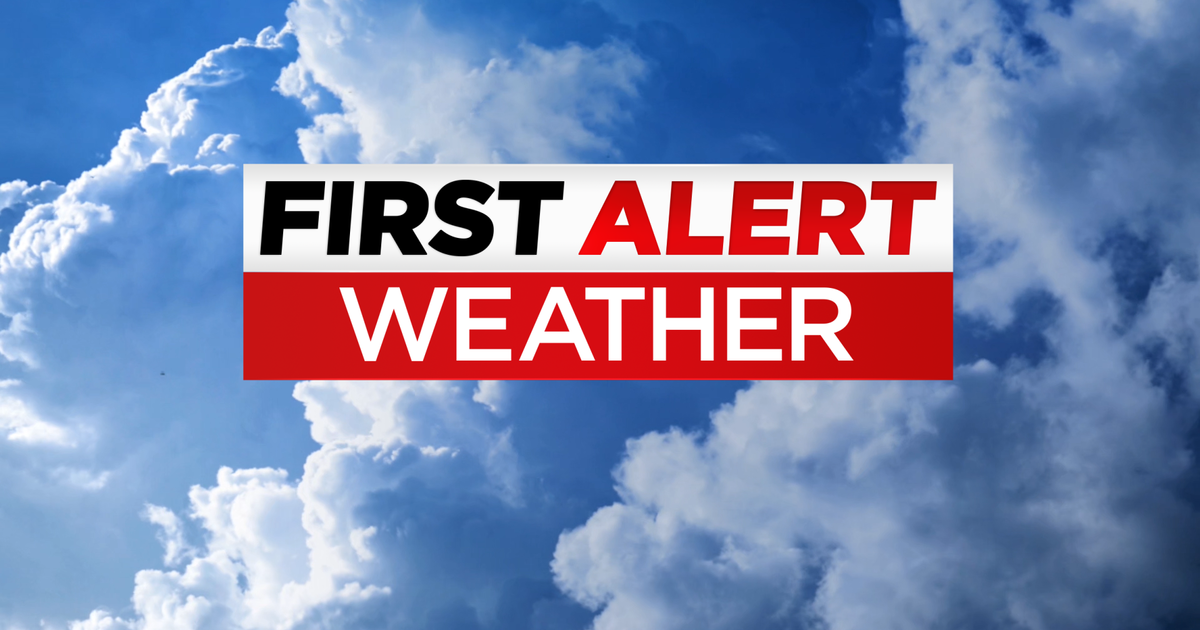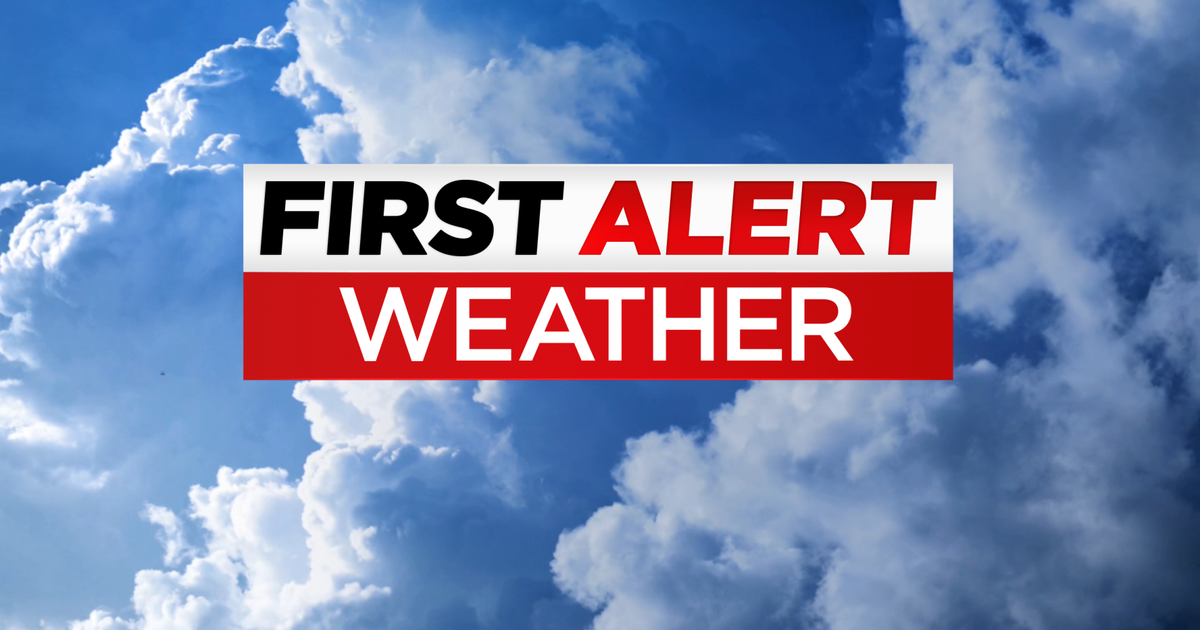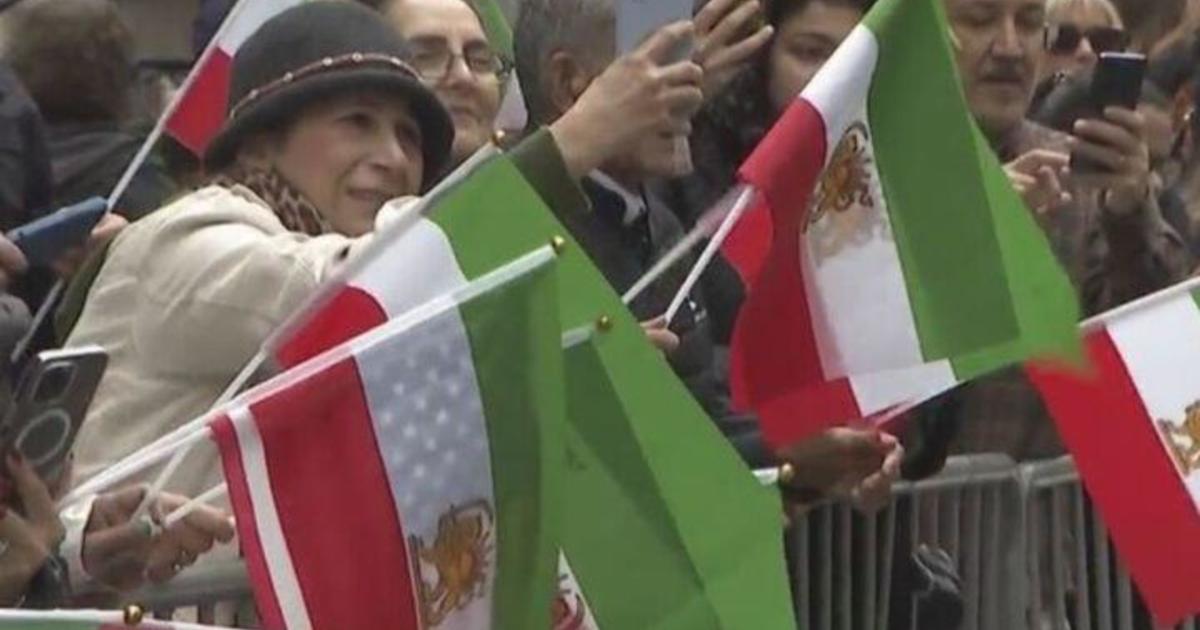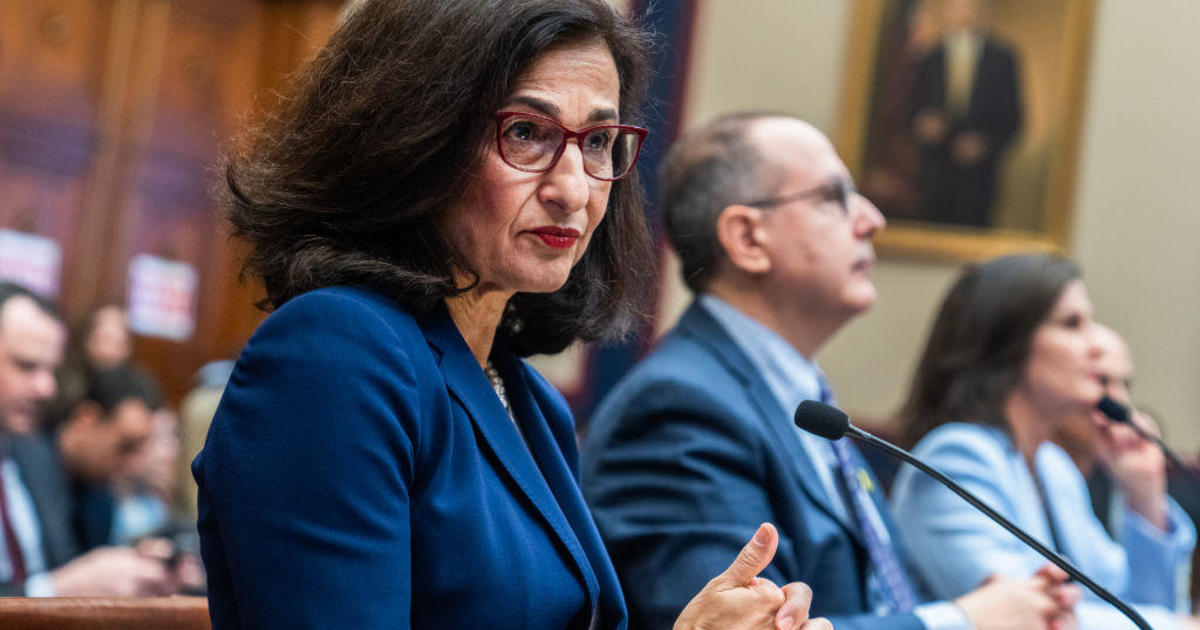Commuters Face Higher Prices After MTA Fare Hikes On Subways, Buses, Rails & Tolls
NEW YORK (CBSNewYork/AP) -- Commuters faced higher prices Monday morning after MTA fares went up over the weekend on subways, buses and commuter rails as well as at toll booths.
Fare increases kicked in Sunday as part of a series of increases in recent years built into the cash-strapped MTA's budget.
The base fare for subways and buses went up by 25 cents to $2.75. The price of a 30-day MetroCard jumped by $4.50 to $116.50. The cost of riding the Long Island Rail Road and the Metro-North Railroad both went up about 4 percent.
Tolls are up about 4 percent for E-ZPass users at MTA bridges and tunnels, and about 6 to 10 percent for cash customers.
MTA Fare Hikes In Effect
The latest fare hikes come at a time when commuters are fed up with increasing delays on subways and trains that got worse over the course of a difficult, snowy winter.
"I just feel like the MTA is pretty incompetent, so it makes me really disgusted," said Metro-North rider Boreta Singelton.
Speaking with CBS2's Janelle Burrell, Devon Williams echoed a resounding "unfair."
"It's already bad enough that the trains don't arrive at the times they should," Williams said.
Commuters Face Higher Prices After MTA Fare Hikes On Subways, Buses, Rails & Tolls
Some wondered where the money is being spent.
"The service is not improving. The trains are still late. The trains are still dirty," said subway rider Melissa Thomas.
"Why? The service isn't better," Veronica Wade, of Elmont, Long Island, told CBS2's Janelle Burrell. "The cosmetics of the trains aren't better."
"The platforms are always dirty," said Edwin Ianzo, of East New York, Brooklyn. "They don't ever do anything. There's always signal problems."
"If trains are still going to arrive 20 or 30 minutes later than they should, then it doesn't make sense," said Devon Williams, of Brownsville, Brooklyn.
As WCBS 880's Marla Diamond reported, Simone Roman of Bensonhurst said her R Train is also frequently unreliable.
"There's always going to be weather delays, and that's understandable. But it's all year round and that's the problem," Roman said.
Commuters Face Higher Prices After MTA Fare Hikes
In the wake of the fare increase, Jenny Gatty of Brooklyn said it is time for the MTA to look inward.
"Ask themselves if they're really doing their best, and if they feel they're giving the service to people that they would wish to receive for themselves," she said.
But as it is, commuters said they have no choice but to shell out the extra money.
"If I don't pay, I can't get to work," Ianzo said. "That's where you've got to look at it."
The MTA said the fare hike is modest and necessary to balance its budget against increased costs.
The increase is the fifth in eight years. It's part of an MTA plan started in 2009, for fares to go up every other year. Another increase is schedule to take effect in 2017.
"The paycheck stands stills, but everything else is raising up," said Carol Humber, of Richmond Hill. "So it's really going to affect me a lot."
At an MTA board meeting on Monday, the President of MTA's New York City Transit admitted that more needed to be done.
"While the system in some places is 110 years old, and signal system in some cases is 70 years. We can do better than where we are today," Carmen Bianco said.
New MTA data shows only about 74 percent of subway trains arrived at their terminals at the end of the line on time, compared to 80 percent last year. And total delays rose 36 percent to nearly 43,000 per month, compared to about 31,600 per month last year, the data shows.
``We recognize our service is not where it needs to be,'' said Joe Leader, senior vice president of the subway system. ``And we are committed to improving our riders' experience.''
Nearly 13,000 delays in January were caused by overcrowding, and only a small fraction -- about 2,800 -- were directly attributed to inclement weather, according to the data.
The MTA said Monday that it is launching an internal review to examine how to cut down on delays.
An estimated 8.6 million people ride the MTA's railroads, buses and subway every weekday.
(TM and © Copyright 2015 CBS Radio Inc. and its relevant subsidiaries. CBS RADIO and EYE Logo TM and Copyright 2015 CBS Broadcasting Inc. Used under license. All Rights Reserved. This material may not be published, broadcast, rewritten, or redistributed. The Associated Press contributed to this report.)



